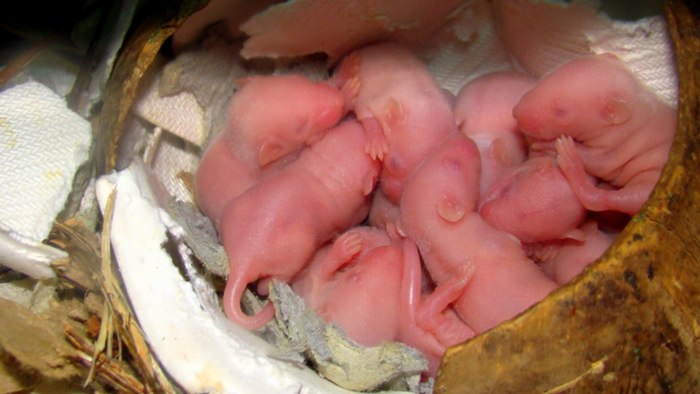Researchers from the Chinese Academy of Sciences have
successfully created functional sperm cells from mouse stem cells in
the laboratory, then implanted those cells into rodents' egg cells
to produce healthy, fertile offspring. While a lot more work needs
to be done before human trails could be considered, the breakthrough
could be significant, with the potential to combat male infertility.
Infertility is a common problem, affecting as many as 15 percent of couples. A major cause is a failure of precursor cells in the testes to go through a cell division process called meiosis, which forms them into sperm cells.
While researchers have, in the past, successfully created precursor germ cells from stem cells in the lab, the new study is the first time that scientists have managed to coax those cells into turning into fully functional sperm cells.
The team began by exposing embryonic mouse stem cells to a mixture of chemicals that caused them to form into precursor cells. Then, stepping beyond previous research, the cells were placed in an environment similar to that found in the testes when meiosis occurs.
Mimicking the natural tissue environment, the precursor cells were exposed to testicular cells and relevant hormones, including testosterone. As hoped, the cells responded to their surroundings, undergoing complete meiosis and forming into sperm-like cells with the correct nuclear DNA and chromosomal content.
With that step complete, the team then implanted the lab-grown sperm into egg cells, and transferred them into female mice. The embryos were found to develop normally, leading to healthy and fertile offspring.
A lot more research needs to be done before human trials could even be considered, with the team planning a similar experiment using primates. At the very least, the work has provided a significant advance in our understanding of sperm production and development.
"If proven to be safe and effective in humans, our platform could potentially generate fully functional sperm for artificial insemination or in vitro fertilization techniques," said senior study author Jiahao Sha. "Because currently available treatments do not work for many couples, we hope that our approach could substantially improve success rates for male infertility."
The findings of the research were published in the journal Cell Stem Cell.
Source: Chinese Academy of Sciences
